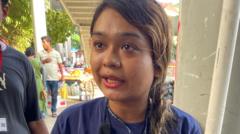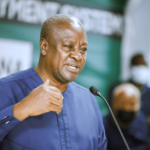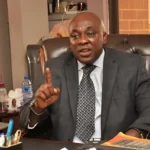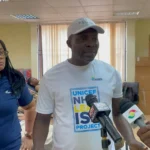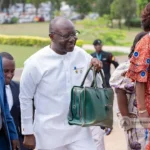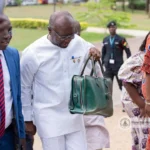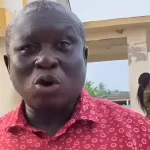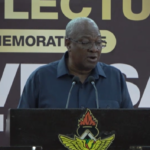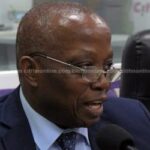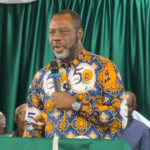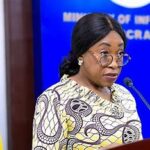Inside Bangladesh: BBC finds country in shock but dreaming of change
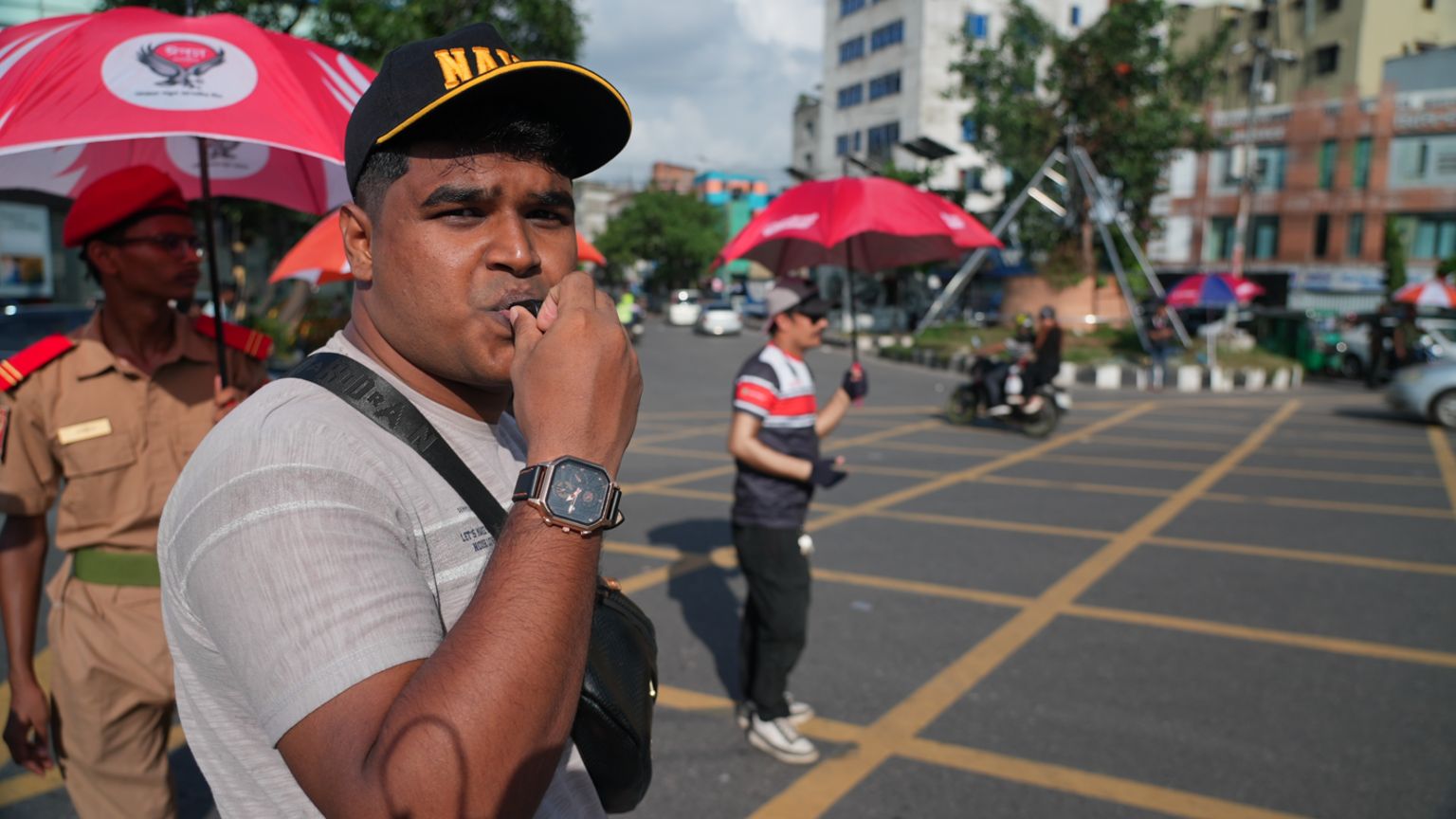
Julkernayeem Rahat and other students have taken over from police on Dhaka’s streets, for now
Samira Hussain
BBC News, Dhaka
In Dhaka, students are on the streets directing traffic and keeping things running as police stage a strike following the popular uprising that toppled prime minister Sheikh Hasina.
The police, normally highly visible, are nowhere to be seen on the usually loud and congested streets of the Bangladeshi capital.
It seems that only students and some paramilitary forces are trying to maintain law and order, after weeks of unrest in which hundreds have been killed. An interim government is promised, but has yet to take office.
Police now fear for their safety after the deadly crackdown that caused so much anger. It failed to quell anti-government protests that had begun over civil service job quotas last month.
Noorjahan Mily wants freedom of expression and an end to corruption
Things are calmer two days after Ms Hasina escaped to India, but there are continuing reports of sporadic looting and violence during the power vacuum.
Many Bangladeshis, particularly the young, hope the country is at a turning point.
“I want freedom of expression. I want a corruption-free country. I want people to have the right to protest,” Noorjahan Mily, 21, an Open University student, told the BBC.
“I am uncertain about where the country is heading, because the government has changed. But whether the discrimination will remain or not, I will only be happy when their demands are met.”
The country is now trying to come to terms with the shock of what has just happened, now that power has been prised from the hands of the country’s long-time ruler.
More than 400 people were killed in the recent unrest, most of them civilians shot by security forces, but also a number of police. It’s the bloodiest episode since the war that brought the country independence in 1971.
Image source, Reuters
Soldiers clear up after cheering crowds overran the prime minister’s residence on Monday
At the airport, a worker handed me my bags, telling me the situation is very bad and the government used too much force.
“Many kids – as young as six, seven and eight – were killed,” he said.
Outside the airport, students wearing orange hi-vis vests were directing traffic.
“There’s no police here, only students,” the driver said. “There is no government, students are doing 100% security.”
He agreed with the students, saying they had done a good thing.
As we drove on, a group of students were putting out plastic cones to control the flow of vehicles.
“I’m here to protect my brothers and help with the traffic. From the very beginning, I participated in the quota movement that turned into a massive movement,” Julkernayeem Rahat, a business administration student at University of Asia Pacific, told the BBC.
Image source, EPA
The students appear to be keeping traffic running smoothly
“We are happy we’ve removed the autocratic government. We have gained our freedom and our sovereignty.”
He was confident that the man named as interim leader, Nobel Laureate Muhammed Yunus, will be able to form a government after a few months “with the help of students, lawyers, general people”.
“Bangladesh’s future is in the hands of the student leaders. God willing, things will be good,” said the 22-year-old.
Mahamudul Hassan, 21, is studying on the same course.
“I want democracy so that people of all walks of life can enjoy equal opportunities, equal rights.” He’s hoping for “a leader who can make those things happen”.
Mr Yunus was appointed to the post late on Tuesday by Bangladesh’s president, meeting a key demand of student protesters, who said they would not accept an army-led government. He is now heading back from having surgery in France and could be sworn in on Thursday.
“I’m looking forward to going back home and see what’s happening and how we can organise ourselves to get out of the trouble we’re in,” he told reporters on Wednesday at Paris Charles de Gaulle airport, where he was due to fly to Dhaka.
Following reports of looting and revenge attacks on supporters of Sheikh Hasina, he has urged people to refrain from all kinds of violence, warning that if they did not, they risked everything being destroyed.
In an address to the nation on Wednesday, the army chief said he was certain Mr Yunus “will be able to take us through a beautiful democratic process and that we will benefit from this”.
How things turn out is still to be determined – but as far as traffic management goes, the students seem to be doing a good job.
The BBC found it flowing much better than when we visited in January for controversial elections, boycotted by the main opposition, that handed Sheikh Hasina’s Awami League a fourth term in power.
It almost seemed like business as usual when we saw a group of men pulling large metal rods for a construction project.
“The traffic system is better now. The students are managing well. It’s better than when the police were here,” said Mohammed Shwapan, who has been a Dhaka driver for 24 years. “Today is busier than yesterday.”
He supports the choice of interim leader.
“As Mr Yunus is well known internationally, he can mitigate any potential economic collapse.
“I am worried about the international debt, how will Bangladesh be able to manage payments. That’s why I think he can do a good job.”
Watch: Bangladesh protesters storm prime minister’s palace
The challenges ahead are enormous, and not just economic. There are many wounds to heal after Sheikh Hasina’s 15 years in power ended on Monday.
Her government is credited with economic reforms that have improved the standard of living for many in Bangladesh. But she was also accused of serious human rights abuses, including numerous extra-judicial killings and forced disappearances.
Many people have stories to tell of what their families went through.
On the plane to Dhaka, I managed to close my eyes for a few minutes. When I opened them, I found a handwritten note on an airsick bag found in the back pocket of the seat in front.
On it, someone had written that his father was killed by Sheikh Hasina and his brother abducted. He had been in self-imposed exile for the last eight years for the safety of his wife and children.
Now he is coming back to what he calls “a free country”, to visit his father’s grave, the note said.



